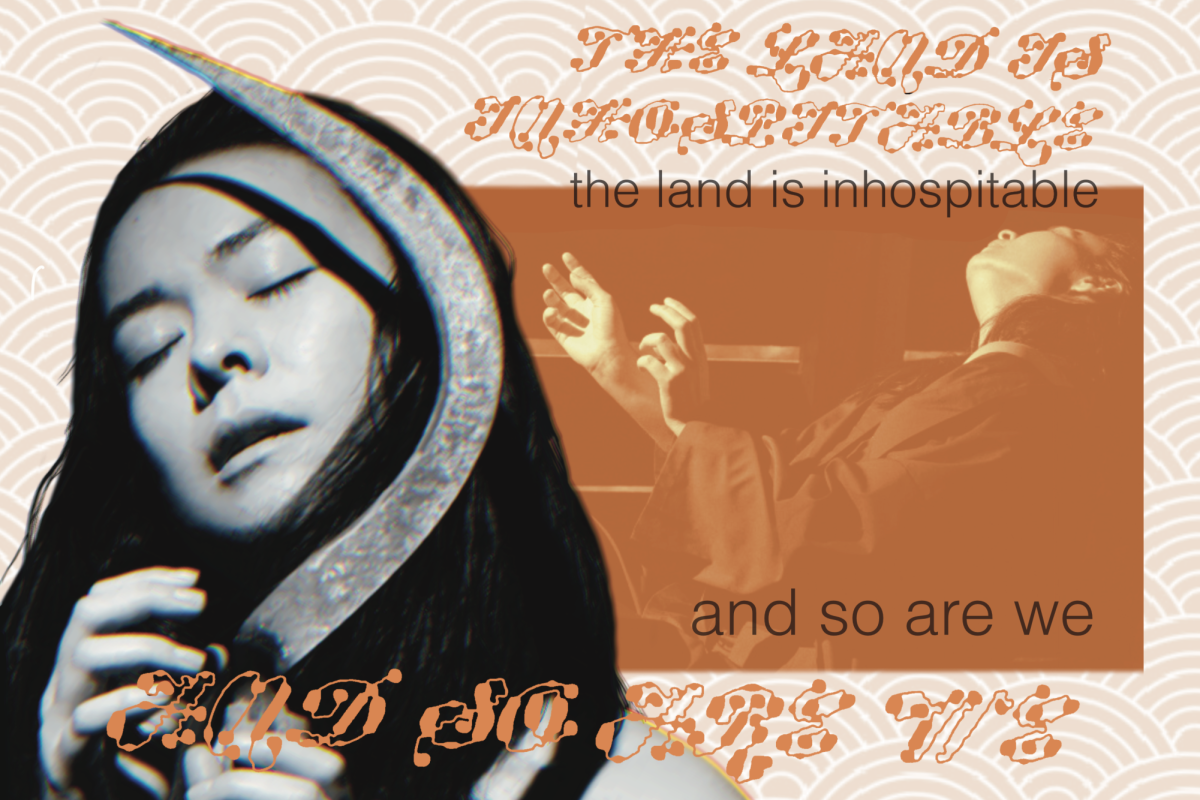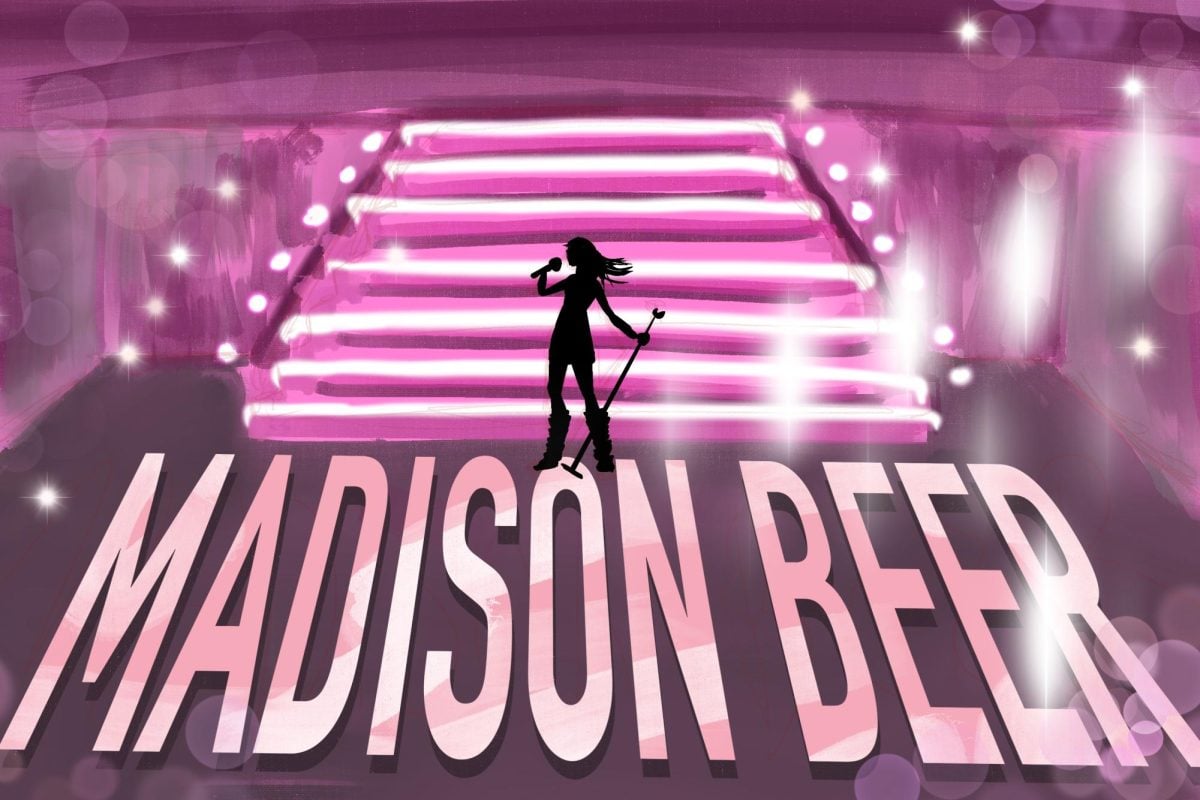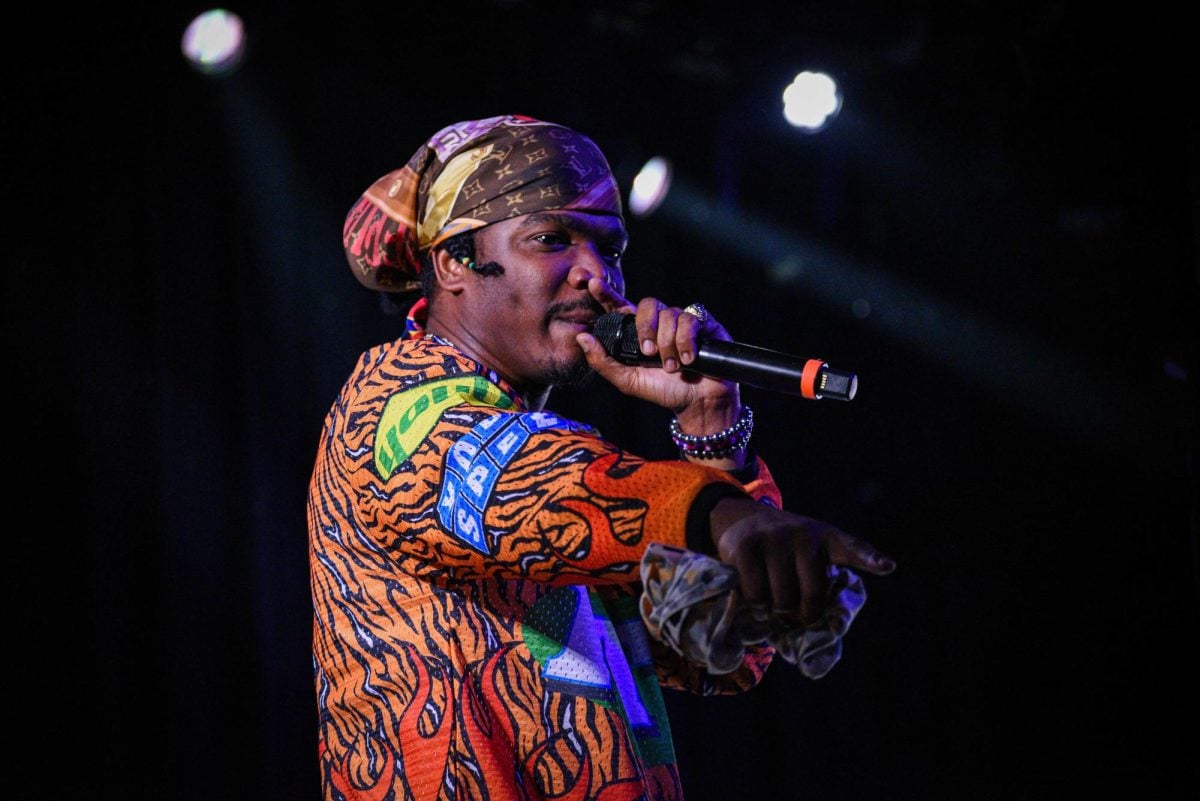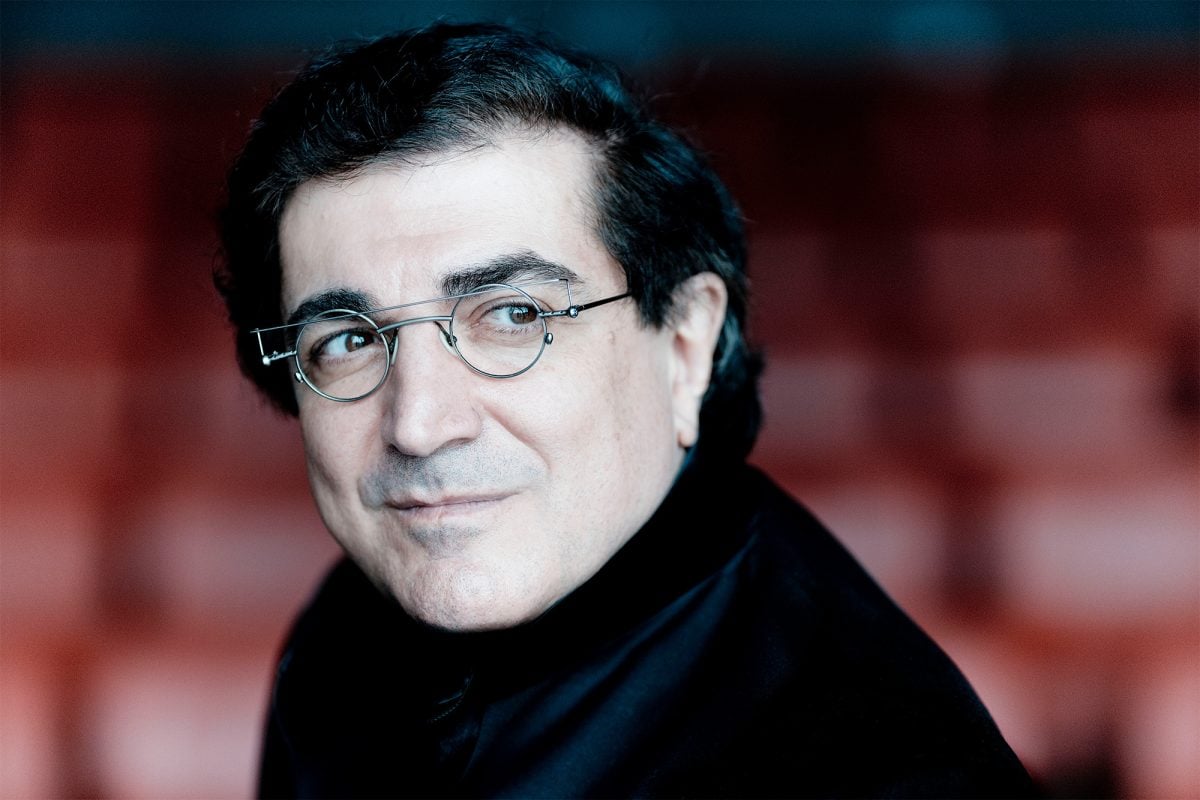Mitski’s “The Land Is Inhospitable and So Are We” finds the singer-songwriter adrift between “Heaven” and “Laurel Hell.” In her seventh album, she journeys through frost and solitude to arrive at a new, organic sound.
Overall, the album is folksy and stripped-down — drawing a stark contrast to its synth-rock predecessor “Laurel Hell.” Through 11 tracks, Mitski renders a somber portrait of Americana that’s complete with horns, guitars and expansive vocals. Whether she is describing pawning her soul off in “The Deal” or facing insurmountable loneliness in “The Frost,” Mitski uses decorative, rich melodies to enhance her narrative.
The Japanese American artist starts the album at rock bottom as she intones about the subtle destruction alcoholism brings. On opener “Bug Like An Angel,” Mitski croons to sparse strumming, singing, “Sometimes, a drink feels like family,” while gospel choir vocals echo: “family” like voices in her head. The arrangement sends chills down the spine with its slightly ominous tone. It’s her best opener since “Texas Reznikoff.”
I felt targeted by “I Don’t Like My Mind,” with classes soon approaching, a rueful depiction of a workaholic who eats an entire cake in despair. “I blast loud music, and I work myself to the bone,” Mitski whimpers. Mildly relatable.
And for those hoping for a sad Mitski album, don’t worry. “The Land Is Inhospitable and So Are We” delivers the same despondency found in previous albums, but with a new self-awareness.
During many tracks, Mitski’s production becomes orchestral and builds grandiose soundscapes to match her introspection. On instant classic and string-led “Heaven,” Mitski’s voice is airy and nearly coos through lyrics that illustrate an otherworldly love.
It’s domestic bliss so evocative it brings Mitski to the cosmos. She serenades her lover in lyrics laden with nature motifs — “I bend like a willow / Thinkin’ of you / Like a murmurin’ brook / Curvin’ about you.” The instrumental break moved me in ways only comparable to the outro in 2018’s “Pink in the Night.”
Similarly, in standout “My Love Mine All Mine,” the singer negotiates with the moon to transmit her love. “So, when it comes to be my turn / Could you shine it down here for her?” Much like in “Heaven” and later in “Star,” the lyricist grapples with a love that seeps beyond the inhospitality of the world and changes her irrevocably.
In closer “I Love Me After You,” Mitski confidently declares, “How I love me after you / King of all the land / I’m king of all the land.”
It’s true — Mitski is truly the king of all the land. With her latest effort, Mitski releases a triumphant collection that reflects the anxieties of an unforgiving world but also allows her to embrace love, herself and her own sound.
Email: [email protected]
Twitter: @beatricedvilla
Related Stories:
— Liner Notes: On “Laurel Hell,” Mitski gets existential about her relationship with music
— Liner Notes: Hozier mythologizes life and death on ‘Unreal Unearth’
— Liner Notes: boygenius lives up to the title of ‘supergroup’ with debut studio album







